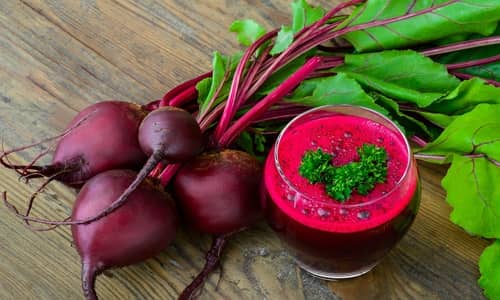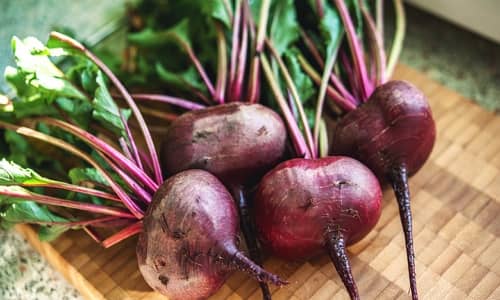Beat Benefits, Side Effects, Storage
Beet Nutrition

| Beet (100g) Nutrition | |||
| Carbohydrate | Protein | Fat | Calories |
| 8g | 0g | 0g | 38kcal |
| Main Nutrition | Anthocyanins, vitamin C, iron | ||
| Main Benefits | Regulates blood pressure and promotes digestive health | ||
| Side Effects | Be careful when consuming if you have kidney or gallbladder problems. | ||
Beet is a root vegetable. Packed with essential nutrients, beets are a great source of fiber, folate, manganese, potassium, iron and vitamin C. Beets have been linked to a variety of health benefits, including improved blood flow, lower blood pressure, and improved exercise performance. Most of these benefits are due to its high inorganic nitrate content. Beets are delicious raw, but can be eaten cooked or pickled. The leaves, known as beet greens, are also edible, and there are red and yellow beets.
2. Beet Benefits

1. Control blood pressure
Heart disease, including heart attack, heart failure and stroke, is one of the leading causes of death worldwide. And high blood pressure is one of the major risk factors for the development of this condition. Beets can significantly lower blood pressure. It appears to have a greater effect on systolic blood pressure, or the pressure when the heart contracts, rather than diastolic blood pressure, or the pressure when the heart relaxes. This effect may be stronger for raw beets than for cooked beets. This blood pressure-lowering effect may be due to the high concentration of nitrates in beets. Nitrates found in the body are converted into nitric oxide, a molecule that dilates blood vessels, lowering blood pressure.
2. Gastrointestinal health
Dietary fiber is an important component of a healthy diet. It has been linked to many health benefits, including improved digestion. The fiber in beets bypasses digestion and travels to the colon, where it feeds friendly gut bacteria or adds bulk to stool. This can promote digestive health, keep you regular, and prevent digestive diseases such as constipation, inflammatory bowel disease, and diverticulitis. Beets are also one of the richest sources of glutamine, an amino acid essential for gut health and maintenance.
3. Brain health
Mental and cognitive functions naturally decline with age. In some cases, this decline can be severe and lead to conditions such as dementia. Reduced blood flow and oxygen supply to the brain may contribute to this decline. Interestingly, the nitrates in beets promote vasodilation, which increases blood flow to the brain, which may improve mental and cognitive function. Beets have been shown to specifically improve blood flow to the brain’s frontal lobe, an area associated with higher-order thinking such as decision-making and working memory.
4. Improve motor function
Beets can support exercise endurance and improve performance. Nitrates may improve physical performance, especially during high-intensity endurance exercise. Dietary nitrates have been shown to reduce oxygen use during physical exercise by affecting the efficiency of mitochondria, the cellular organelles responsible for energy production. This means that when your muscles are in a resting state, the nitrates in beets deliver more oxygen to your muscle cells, helping your muscles recover more efficiently and may improve athletic performance.
3. Beet How to make?
4. Beet Side Effect
- Beets have the effect of lowering blood pressure, so people taking blood pressure medication should be careful when consuming them.
- Beets contain oxalate, so people with kidney or gallbladder problems should be careful about consuming them.
- Excessive consumption of beets may cause symptoms such as indigestion, abdominal pain, and diarrhea.